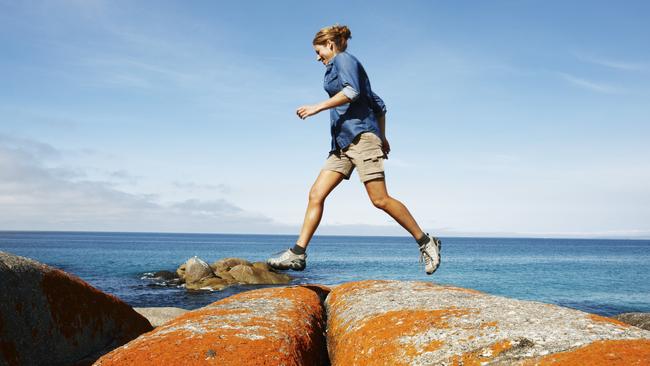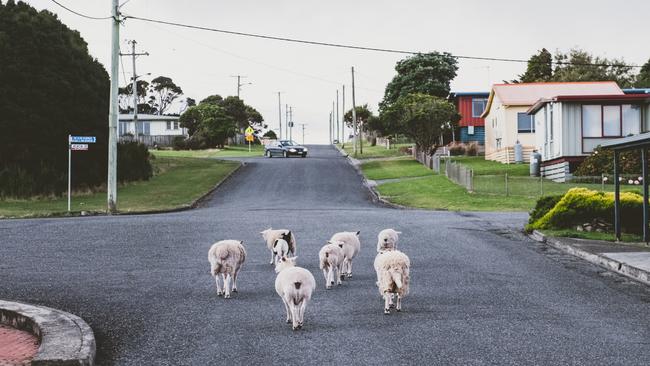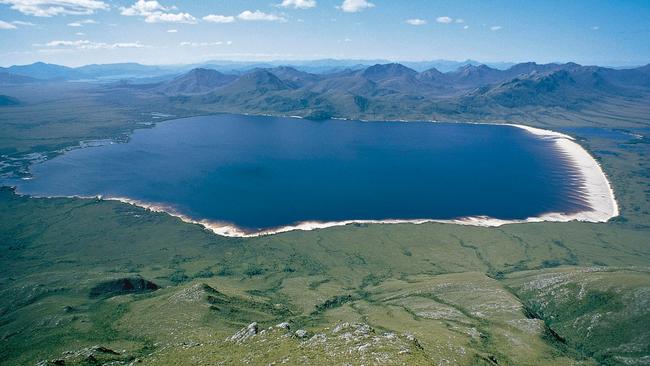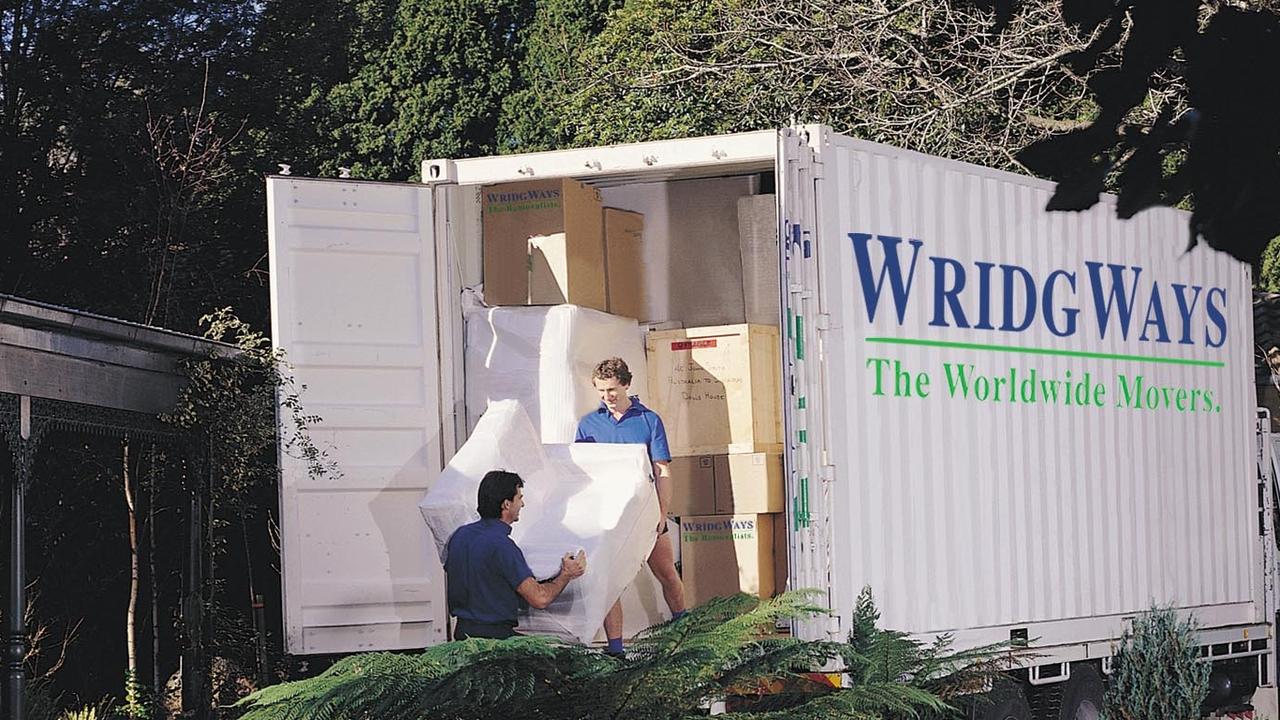Regenerative tourism is the natural next step for Tasmanian industry, writes Amanda Ducker
Throwaway terms like ‘sustainable’ and ‘eco-tourism’ are greenwashing the cold hard facts – we need to change the way we travel, writes Amanda Ducker.
News
Don't miss out on the headlines from News. Followed categories will be added to My News.
THE term “eco-tourism” is so bastardised by greenwashing that even spotting the word on a travel website makes me suspicious.
“Sustainable” is getting a bit tired, too.
Beyond semantics, sustainability itself may be reaching the end of its natural lifespan.
Embracing a sustainable ethos was a necessary phase in the nascent pillage and plunder windback, but it is time to move on.
We need to shift into systemic change and transformation if we are to effectively address the climate crisis and its existential challenges.
Tourism is one of the world’s fastest-growing industries and one of Tasmania’s biggest.
It might mean it must become part of the solution if it is not going to be part of the problem.
Global travel is an extremely powerful phenomenon that can be harnessed for common good or ill. Let’s manage it for the betterment of the world.

COVID-19 has all but crushed tourism this year, including in Tasmania.
Border closures have highlighted our over-reliance on what is a wonderful but also immature industry in Tasmania whose exposure to external variables – as fickle as both fashion and the weather – make it as inherently unreliable as cropping.
COVID-19 has brought air-travel emissions down, but the economic cost is devastating. Let’s salvage something from that toll by making the most of this crisis.
We ignore this disruption at our peril. Our vulnerability is telling us to change our approach. Business as usual is not an option.
As management guru Peter Drucker says, “The greatest danger in times of turbulence is not the turbulence – it is to act with yesterday’s logic.”
This long pause is a chance to look at tourism anew and reimagine its future on our island. Tourism is not just an activator, it is an influencer with astonishing reach.
Tasmania needs to move fast to position itself in the vanguard of the global regenerative tourism movement.
This is our future. I sense meaningful resonance with Brand Tasmania’s evocative “quiet pursuit of the extraordinary” theme.
As a small community already geared to low-volume, high-yield nature-based tourism, we are already halfway there.
Becoming a card-carrying leader of regenerative tourism will sharpen our focus and delineate a way forward.
A regenerative tourism framework will put environmental and community needs at the heart of decision-making. It’s a triple bottom-line mindset shift.

It is a step ahead of sustainable tourism in the sense that its goals are not to preserve a status quo by tweaking existing systems to cause minimal harm.
Regenerative tourism – as its name implies – is committed to renewal of natural systems, regional communities and human hearts and souls.
It is about fixing things. Restoring them. It supports rebirth and flourishing.
Tasmania is perfectly placed to embrace conservation and restoration as themed experiences for travellers
Imagine if we made more of the complex and cautionary Lake Pedder story to attract progressive tourists here.
On Tuesday, former Greens leader Christine Milne will share a Zoom conversation with Dr Anita Wild of Wild Ecology on the findings of the ecological scoping study on the restoration of Lake Pedder.

Picture: Les Southwell
Whether you back the case for undamming Pedder or conversely think there’s no point trying to squeeze the toothpaste back into the tube, it’s an engaging conversation to be drawn into.
More and more, tourists want portals for deeper engagement with local communities. The search for meaning and connection is on in earnest through global roaming.
It is encouraging to see Tourism Tasmania, the Tourism Industry Council and regional tourism bodies open to exploring regenerative tourism’s possibilities.
At next week’s Tasmanian Tourism Conference in Hobart, independent tourism consultant Sarah Lebski will talk about why regenerative tourism’s moment has come.
“At its simplest, regenerative tourism can be described as giving back more than you take,” Sarah said when we chatted this week.
That can take many forms, but however it happens on the ground, tourism must not dominate the landscape.
“Visitor destinations are also people’s homes,” Sarah said.
“Tourism is seen by some as a highly extractive industry, using the resources that are part of other people’s lives in the places they choose to live.
“Regenerative tourism is about balance. Everybody should benefit from tourism and that most importantly includes residents.
“It is putting the community at the heart of things.
“It takes more effort, listening and engagement, but if you agree with the idea that people are culture, and that communities are where the deepest tourism experiences reside, it makes sense to take good care of those communities.”
amanda.ducker@news.com.au
MORE BY AMANDA DUCKER:
* CORINNA: THE ULTIMATE DIGITAL DETOX


